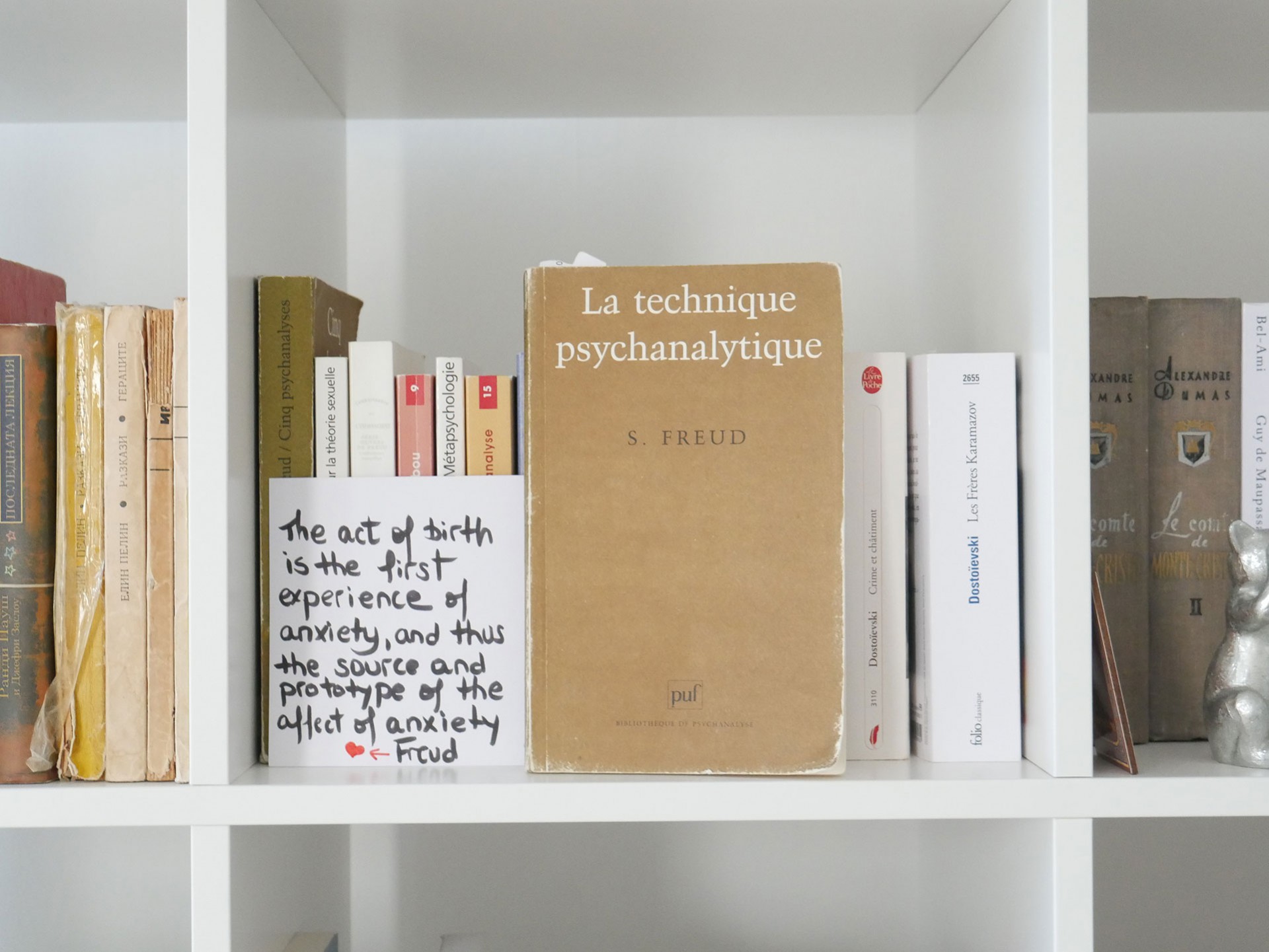
5
AprThe History of the Psychoanalytic Movement by Sigmund Freud
Last week, one of my wonderful patients with whom we have been working over the last three years asked me : ‘Ivanka, is it possible to recommend some books on personal development, but not Freudian books? Every session, you keep repeating - Freud this, Freud that, but this is complex. Please give me a normal title, not a psychoanalytic one’.
I laughed a lot. However, Clinical Psychology has nothing to do with personal development. Psychology is a human science that looks deeply and profoundly into people’s conscious and unconscious mind. Personal development is a movement that enables people to keep their motivation and to increase their skillset.
For those of you who want to understand psychology on its deepest level, you need to start from the beginning. I know that many colleagues will criticise me for what I will say (no problem, everybody’s opinion is a valuable one), but the beginning is Sigmund Freud. For me, he is the Father of Modern Psychology and one of the greatest theorists of all time. He has my full respect.
Through ‘The History of the Psychoanalytic Movement’, Freud gives us one of the best psychoanalytic tools that I use in my clinical practice on a daily basis. Freud teaches us how to manage transference; how to use interpretation of dreams to access patients’ unconscious mind, and how to use repetition and plan our psychological sessions. He also gives us his thoughts on the future of psychoanalysis and the misuse of this great method.
Differently to some more recent books, such as ‘Cognitive Behavior Therapy – basics and beyond’ that you can access here, where readers are provided with a detailed and structured guide on how to use CBT in their clinical practice, Sigmund Freud does not give any structure. He leaves the readers discover and understand the concepts depending upon their specific clinical approach, knowledge, and experience.
Please note that throughout his career, Freud changed the definitions of the concepts outlined in his articles and books plenty of times. This means that that the definitions that you will find in the above book will not be the same when reading other Freudian books. In addition, Freud liked to write in the first person, which might make the reading heavier. He used to write in German which means that the above book is not in its original language. I own its French version, called "La technique psychanalytique" that you see on the photo above that I took in my private library.
To be honest with you, it took me four years of continuous focus on Freud’s terminology and specific psychoanalytic vocabulary to be able to get what I call a ‘correct understanding’ of his books. Freud’s work is a treasure for me because it enables me to link concepts developed during the European psychoanalysis era (end of 19th century to World War 2) to more recent conceptualisations.
Freud’s work also gives us an opportunity to see theory and practice’s evolution in specific cultural and historical contexts, so we can better apply them into our current clinical work. Something that I learnt during my Master of Science (MSc) in Cross-cultural Psychology is that when treating patients, I need to take into account the social and cultural contexts of my patients’ symptoms formation. A symptom is always created within a particular family and cultural background. If I treat the patient isolating the symptoms from their original background, then I will fail for sure. This is what Freud teaches us. This is what cannot be found in some recent books that focus mostly on how to plan and schedule our clinical work. Freud gives us the essential processes, tools and methodologies underlying the therapy plan and schedule and this has no price.
To learn more about psychodynamic techniques, click here.
To learn how to avoid pitfalls when choosing a psychologist, please click here. Do not forget that respect, quality and consideration always come first when it comes to working with patients.
With warm wishes,
Dr Ivanka Ezhova (check biography here).
- 5th Apr, 2020
- Book reviews











